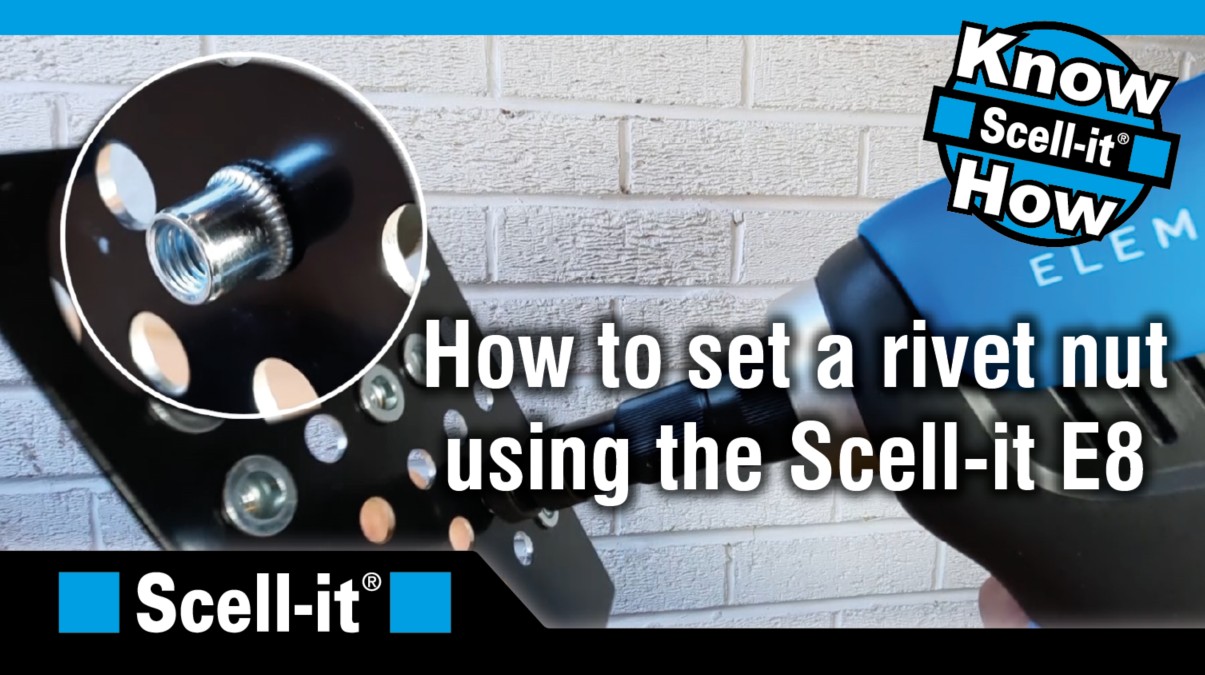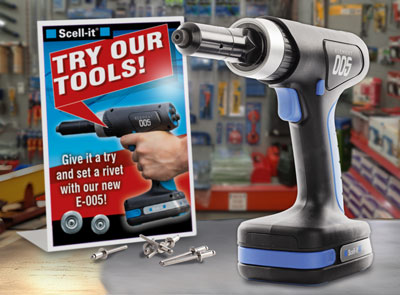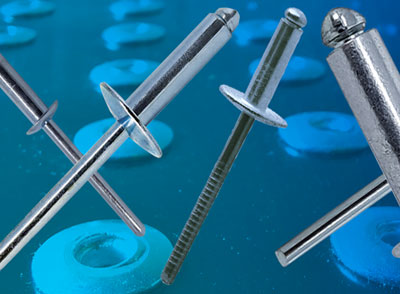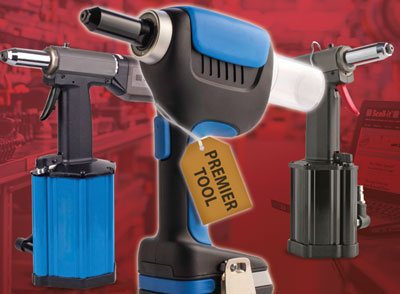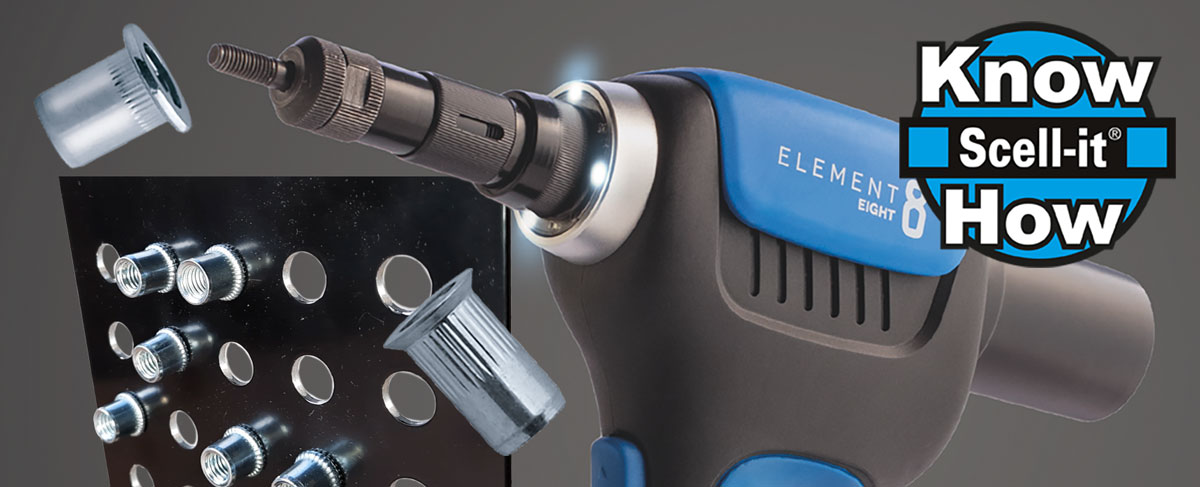
How to set rivet nuts using the E8 Battery powered Tool
The E-8 is our standard 22.5 kN power tool for setting rivet nuts (M3 to M8) in all materials. It is simple to use and easy to set up. This quick guide shows how to set a typical standard rivet nut into metal. A YouTube video is now available on the Scell-it ‘Know How’ channel here.
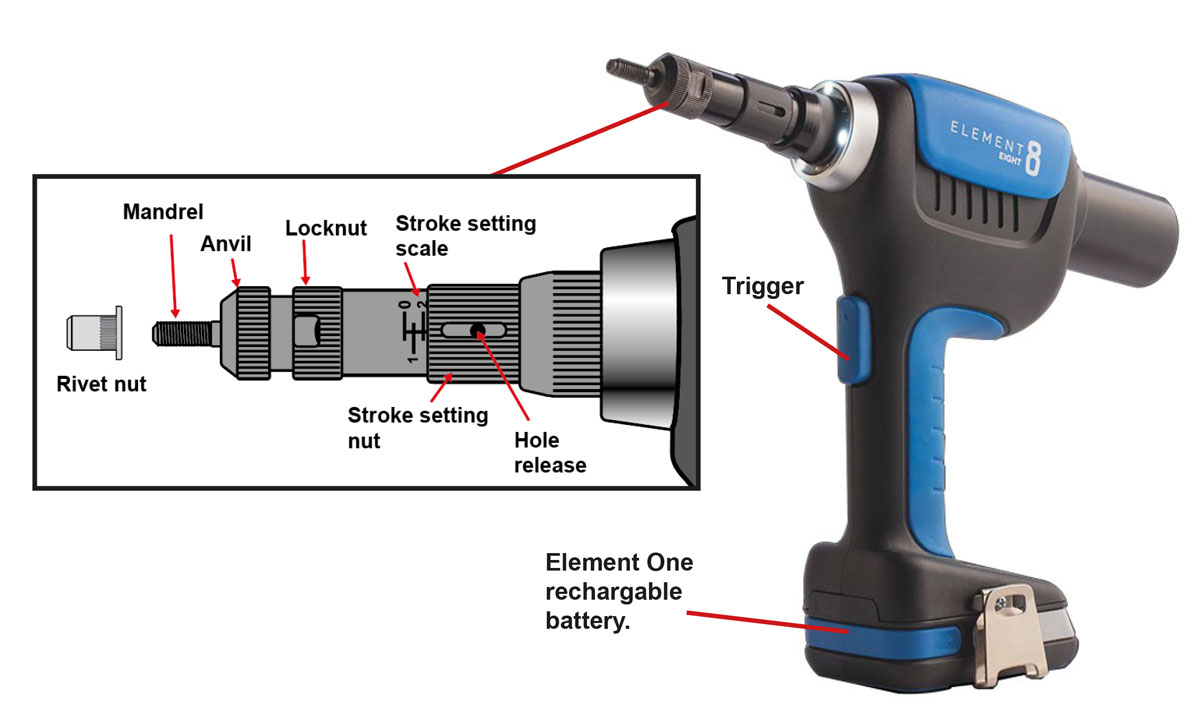
1. Check tool battery is powered up.
Ensure the tool battery has at least two indicator battery lights. The E8 comes with a standard Element One rechargeable battery and recharging unit.
2. Ensure the mandrel on the tool matches with the rivet nut size.
 To remove the mandrel:
To remove the mandrel:
Remove battery. Unscrew and remove the Anvil and Locknut unit. Pull back the tensile sleeve and unscrew the mandrel.
To fit a mandrel:
Pull back the tensile sleeve and screw in the mandrel. Screw the anvil and locknut unit back on.
Note: it is recommended to grease the mandrel before use in order to prevent premature wear.
3. Set the stroke.
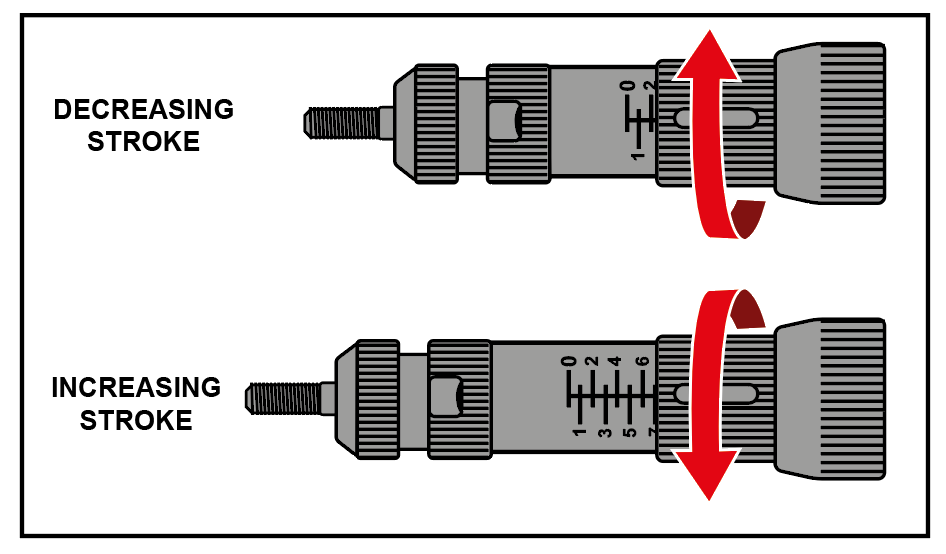
Turn the stroke setting nut to set the stroke number scale from 0 (min) to 9 (max).
It is recommended to start at 2 and perform tests until correct scale is achieved.
4. Load the Rivet nut
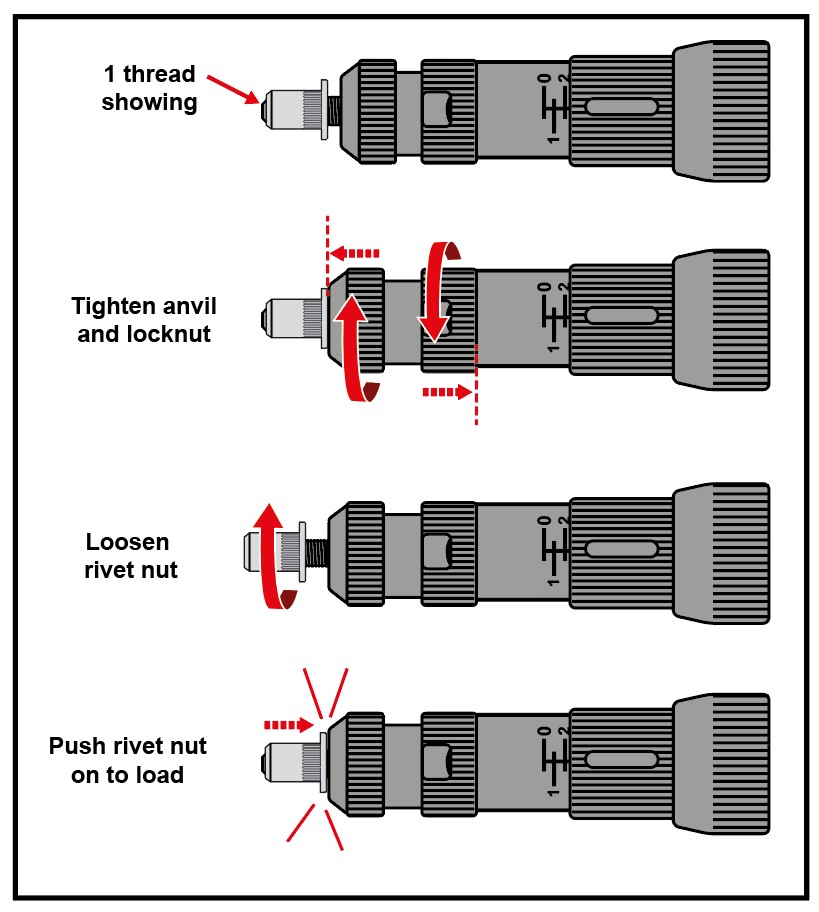
- Screw the rivet nut onto the mandrel until just one thread is showing.
- Tighten the anvil and locknut
- Loosen rivet nut so it is engaged by about 2 threads.
- Push rivet nut back on to load the tool.
5. Set the rivet nut
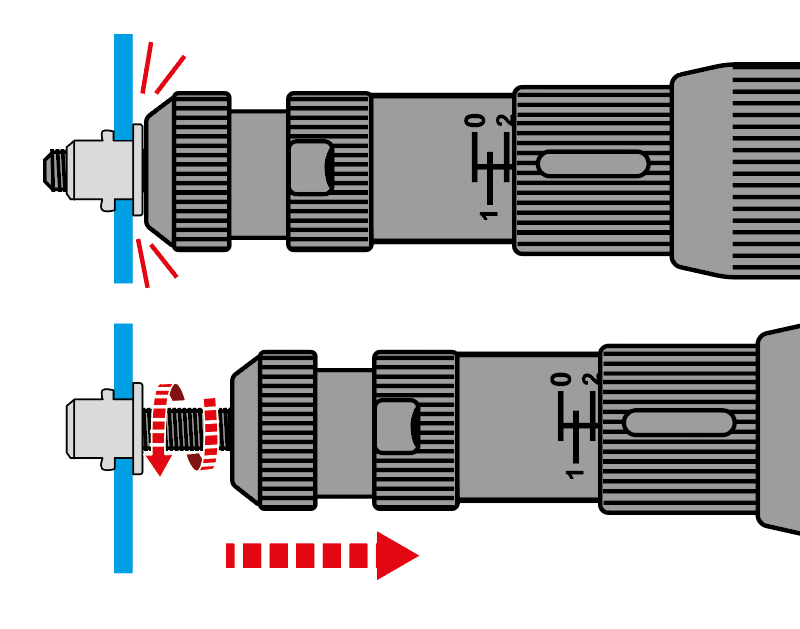 Insert the rivet nut through the installation hole – ensuring it is level and square.
Insert the rivet nut through the installation hole – ensuring it is level and square.
Press the trigger to set the rivet nut and slowly pull back on the tool to enable the release of the tool.
Check the rivet nut has set correctly and obtained the desired deformation (see chart).

If more or less stroke is required then adjust stroke setting nut and reset rivet nut (step 4).
Tool release
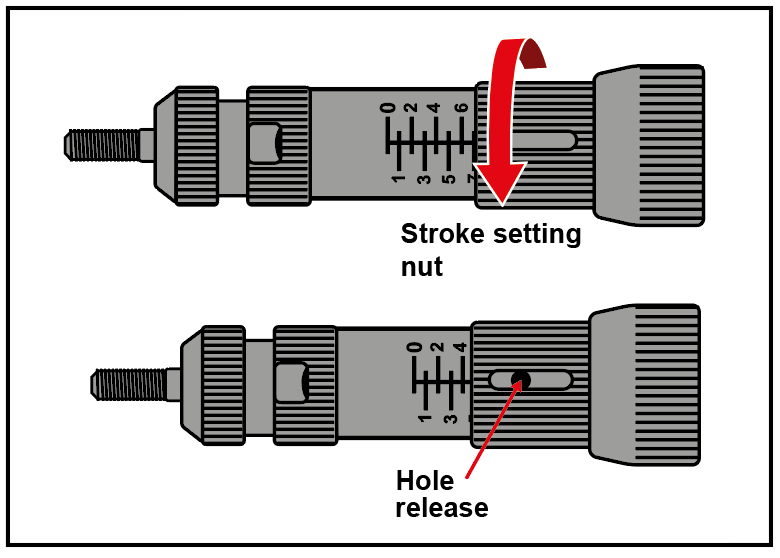 If the tool was not released at the end of the installation cycle and automatic unscrewing is not possible – it will have to be release manually.
If the tool was not released at the end of the installation cycle and automatic unscrewing is not possible – it will have to be release manually.
Rotate stroke setting nut until the hole release is visible. Place the supplied pin into the hole to prevent the mandrel from rotating.
The tool can now be unscrewed clockwise to release it from the rivet nut.
continue reading

